Job Choice Impacts Senior Brain Health
Posted by JOANNA C

Can thinking critically at a job help keep your brain sharp as you age? New research from the American Academy of Neurology finds that the right amount of cognitive stimulation from your employment can reduce the risk of cognitive declines later in life. The study gathered data from over seven thousand workers across over three-hundred jobs, measuring different types of cognitive engagement including routine manual work, analytical, and non-analytical tasks. Specifically, the researchers were interested in different types of work that required repetition and speed like factory tasks versus tasks related to...
What is Information Pollution?
Posted by JOANNA C

With the rapid rise of technology, we’ve witnessed the human brain trying to adapt to large amounts of information that’s streaming in from all directions. We’ve experienced collective attention fatigue as a result, and now the continuous stream of information is leading some scientists to believe that it’s affecting us much like environmental pollution. The research found in the journal Nature Human Behavior earlier this month finds that, though useful in many situations, the overwhelming amount of information available to us results in a paradoxical inability to make decisions. Research teams at the Rensselaer Polytechnic Institute finds that...
The Small Habit That Makes a Difference
Posted by JOANNA C

It can be easy to focus on the negatives in life, especially when it comes to income levels. Having less disposable income leads to feelings that you aren’t able to enjoy as many activities or leisure than if you had more money. Sometimes, the best things in life are free, as a recent study from the University of Vienna concludes. Despite having less income, people who regularly seek out contact with nature (walking in nature, visiting green spaces) have well-being levels that are equal with people who have more income. This reinforces the...
Exercise After Learning to Lock It In
Posted by JOANNA C
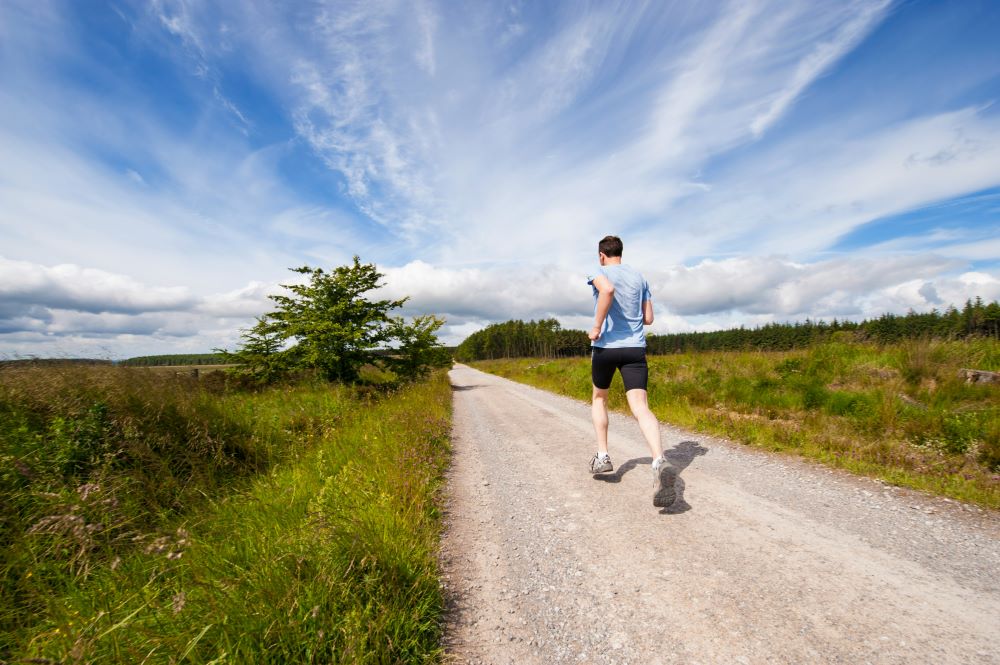
New research from the University of Copenhagen provides a new way to lock in learning, aside from the usual recommendations like listening to it as you sleep and other brain hacks that are widely used. It’s something that’s readily available but often overlooked: exercise. Getting physical activity through exercise before taking on a new skill has been proven to help you retain the knowledge better than without exercise, but the best way to ensure that your brain has the best chance of learning is to exercise after. You can get a 10%...
Warm Up to Promote Equal Thinking
Posted by JOANNA C
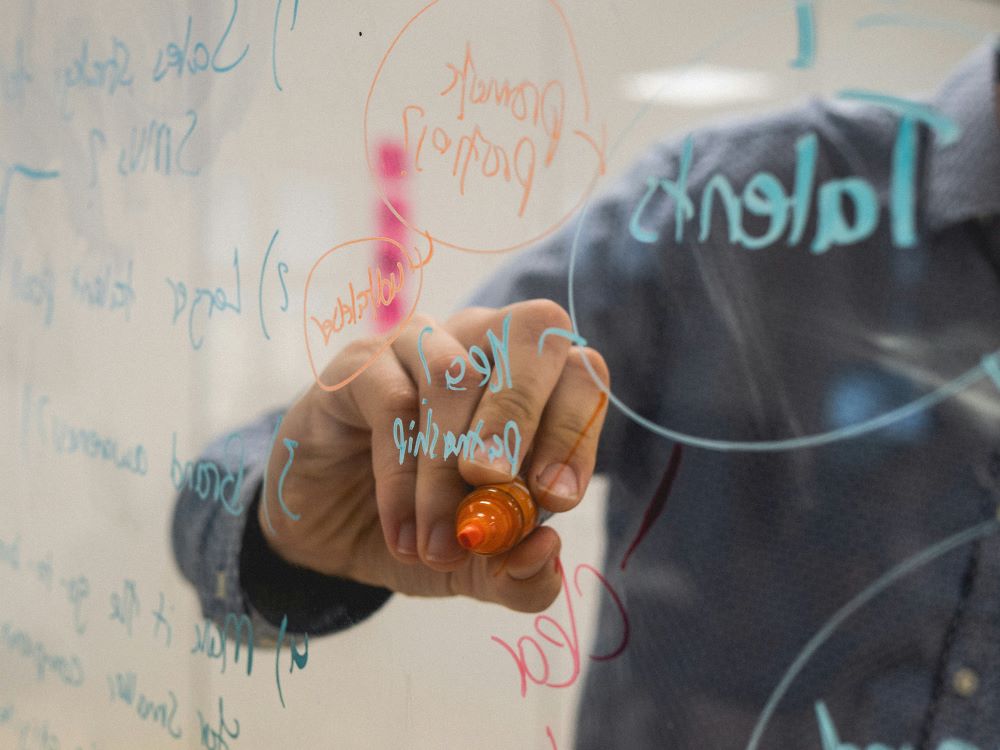
When it comes to creativity, you may think it’s something you either have, or you don’t. New research shows that encouraging creativity in yourself or others is more about how much time you give yourself, and it’s more like a workout than we thought. Warm-up periods of stretching and generally getting your body ready to exercise is necessary for peak physical performance and to avoid injuries. Some people need less of a warm up period for their bodies, and the same is true for the brain. People who utilize their creative brain...
Best Type of Yoga for Sleep & Memory
Posted by JOANNA C

The benefits of exercise and meditation have been cited as some of the best ways to improve cognition, boost brain function, and reduce cognitive decline when aging. A specific type of mindfulness called yoga nidra is making headlines as one of the best ways to help sleep, memory, and cognitive thinking. A recent study from the journal PLOS ONE studied how this type of yoga affects memory and cognition. Yoga nidra is different from other types of yoga which mostly teach breathing rhythms and physical postures; this discipline of yoga is aimed at...
How to Reframe Negative Thoughts
Posted by JOANNA C
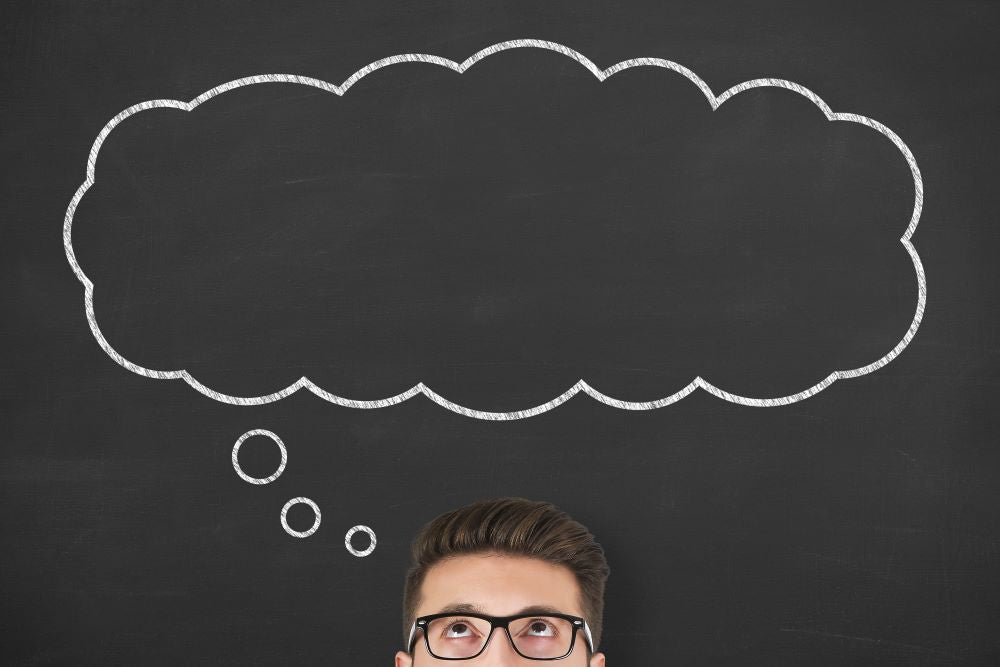
If you’ve tried to suppress a thought that you felt was negative, it more than always seems to come back stronger or become more present instead of going away. That’s the common belief in today’s world of psychology, which emphasizes trying not to suppress negative thoughts because it doesn’t help them diminish over time. A new study is changing how people think about that. The University of Cambridge challenges this long-held belief that thinking about something leads to thinking about it more. Specifically, the researchers wanted to know more about the brain’s inhibitory...
What 12 Weeks of Strawberries Can Do
Posted by JOANNA C
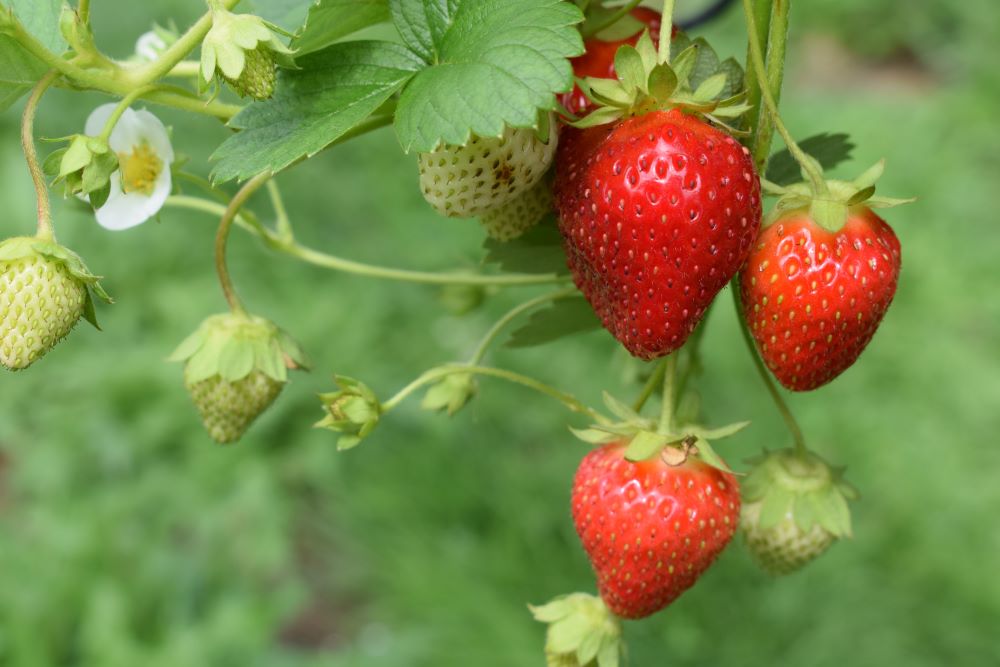
One of the best ways to protect your cognitive function as you age is through diet, but it can be easy to glaze over when you hear about so many different diets. From the MIND diet to the Mediterranean to the Keto diet, there’s a lot of information to sift through about what benefits the mind and body the most. It’s easy to start small and incorporate more servings of fruits and vegetables into the diet instead of a complete overhaul or strict program to follow; but which fruits and vegetables are best...
Don't Feel Bad for Hitting the Snooze Button
Posted by JOANNA C
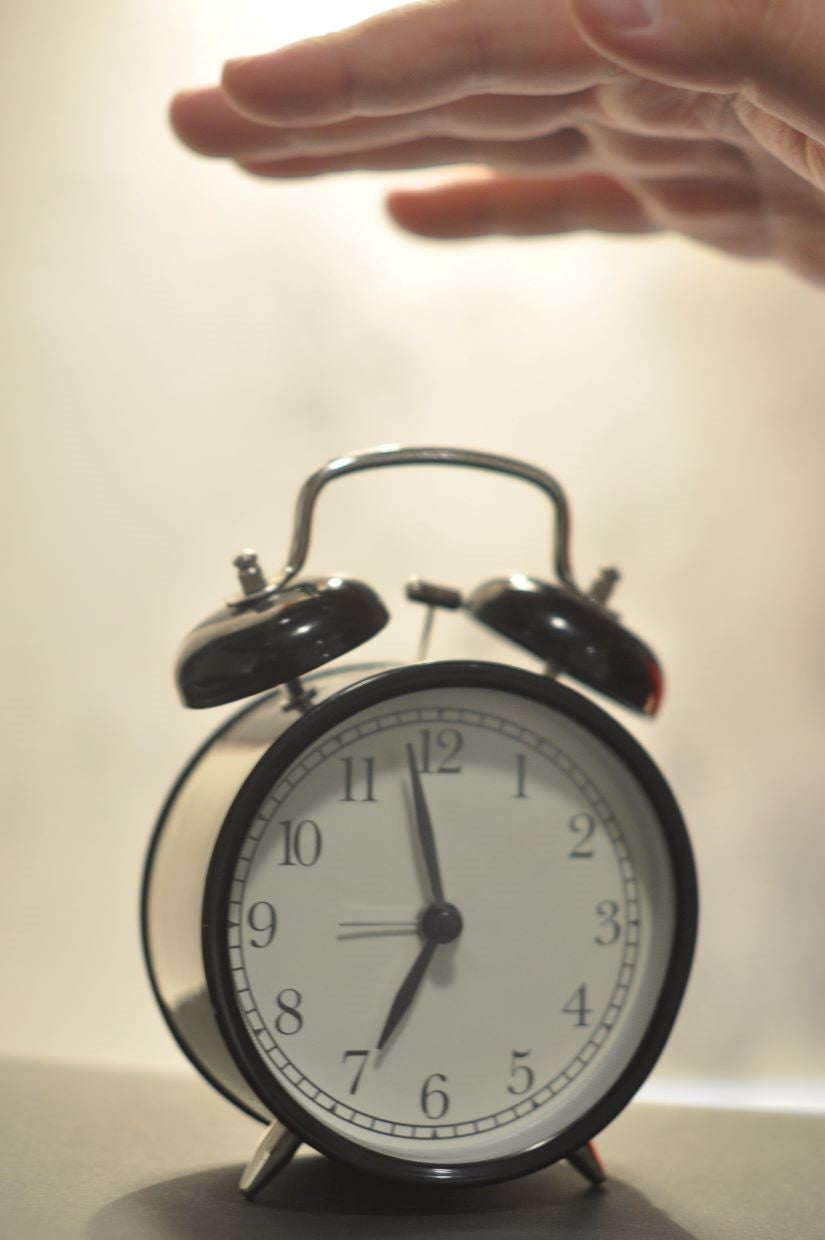
We’re often focused on increasing productivity, but we can easily lose sight of how important it is to maximize enjoyment of life, too. It’s important to have good structures and schedules to help keep us on track for cognitive performance and fitness, but all that structure can leave us feeling guilty when we want to sleep in, or hit that snooze button when the alarm goes off. A new study finds that it’s ok to press that snooze button, guilt-free! The newest research comes from Stockholm University’s Psychology Department which wanted...
Why You Should Sleep on Decisions
Posted by JOANNA C
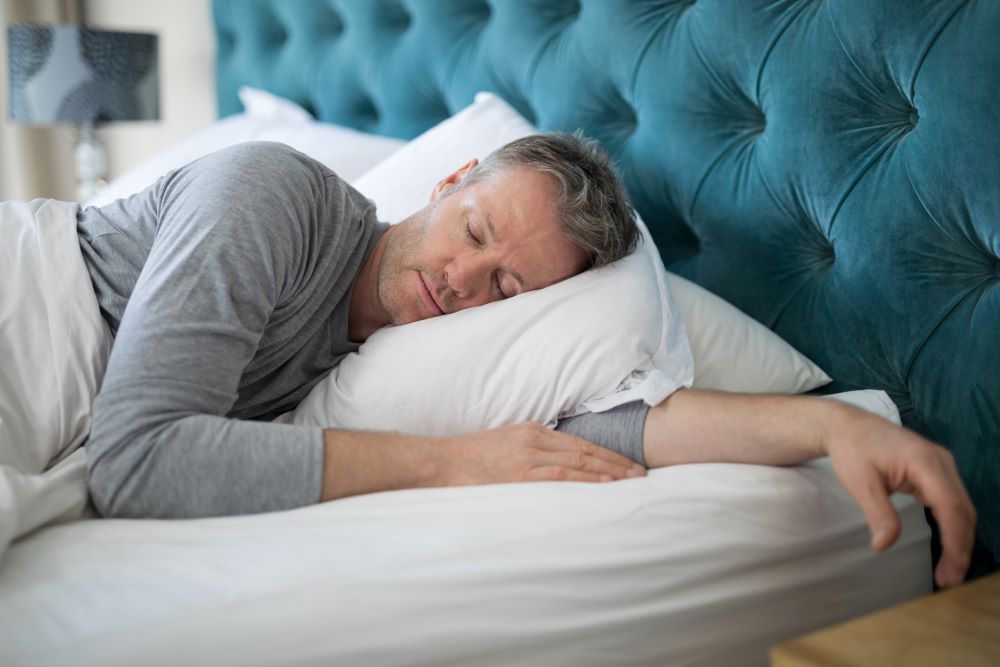
If you’re wrestling with a problem, and the solution seems too far away, take a note from researchers at UC San Diego and stop struggling; sleep instead. New research has helped us understand why the old adage “to sleep on it” can be so useful. Specifically, it’s REM sleep which makes all the difference when you’re trying to be creative and find solutions to a problem. During this sleep phase, networks connected to the problem are stimulated and the brain can begin to come up with new and different associations. The researchers...
Music Reduces Negative Effects from Tech
Posted by JOANNA C

With so much of our time spent on screens, getting motion sickness from scrolling (called “cybersickness”) occurs frequently. It was once thought of as a type of motion sickness that only gamers got, especially from virtual reality devices, but it’s become more widespread. The effects of taxing the visual system with scrolling and looking at small screens that flicker seems subtle, but it can add up to uncomfortable feelings of eye strain, headaches, and can trigger actual motion sickness. A new study has found that you may be able to relieve symptoms...
Why You Need to Prioritize Sleep
Posted by JOANNA C
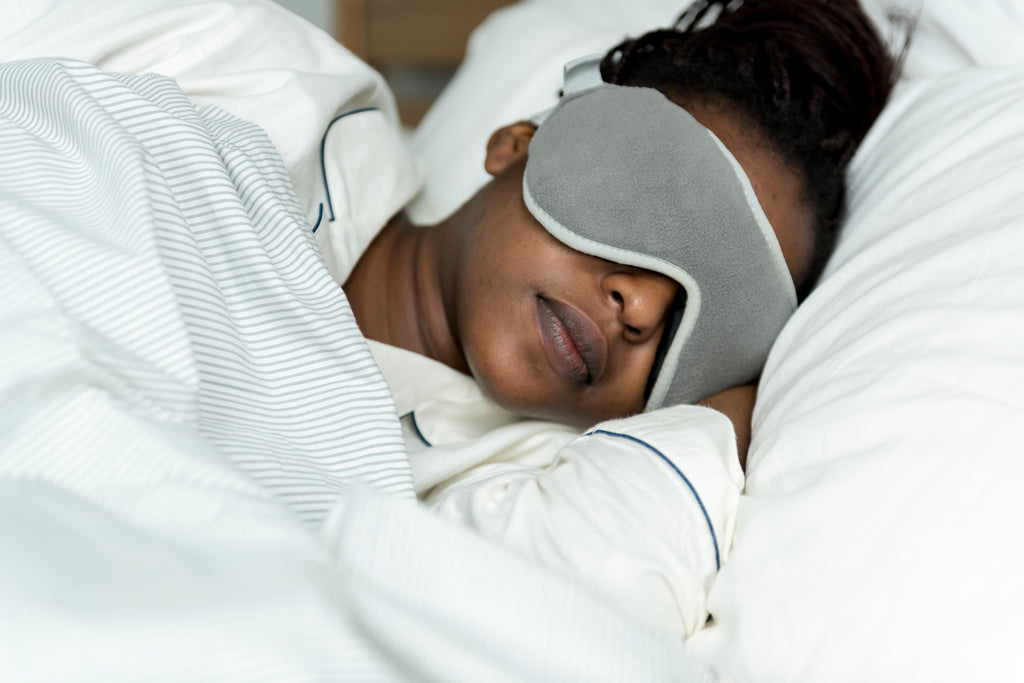
If you’ve had a hard night sleeping, or a few weeks of disrupted sleep, you can catch up on that sleep the next chance you get, right? A new study challenges our assumptions of how much sleeping in on the weekends to make up for a sleepless week can really help us. Researchers at Penn State University stacked how well sleep accumulates versus the effects that missing sleep can have on the cardiovascular system. They followed 15 healthy participants in an eleven-day sleep study while taking cardiovascular metrics like heart rate and...

